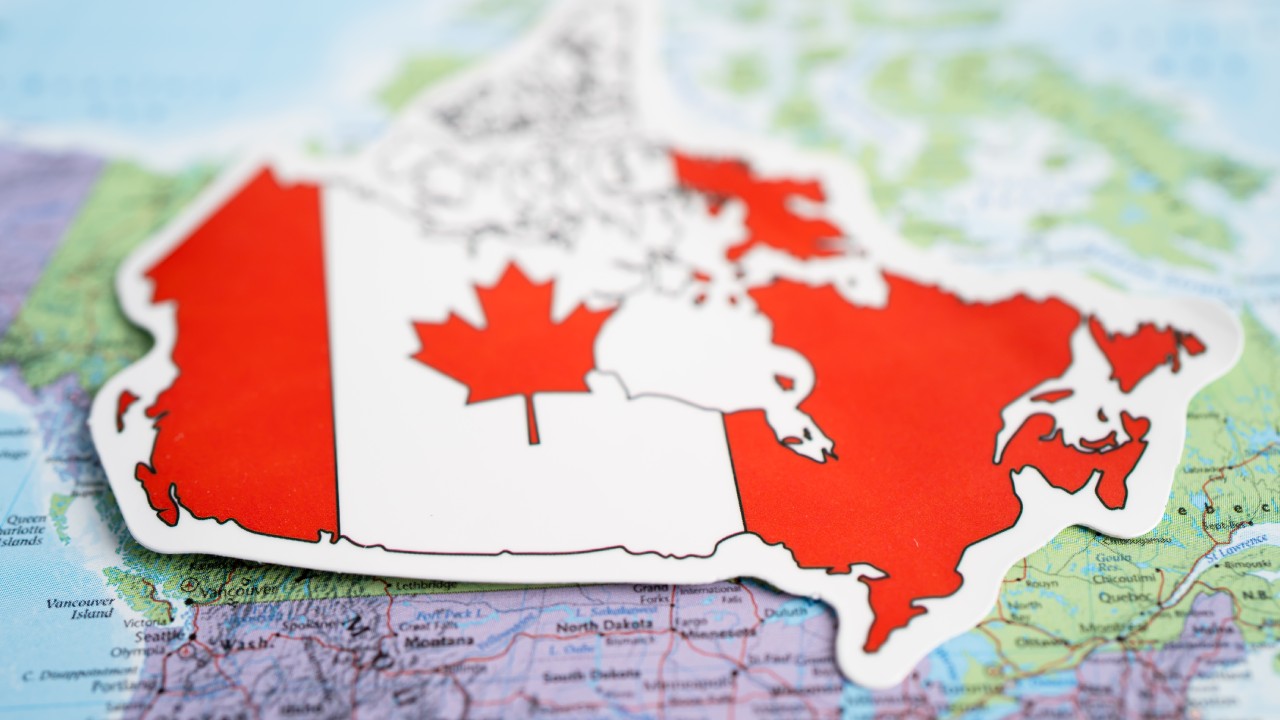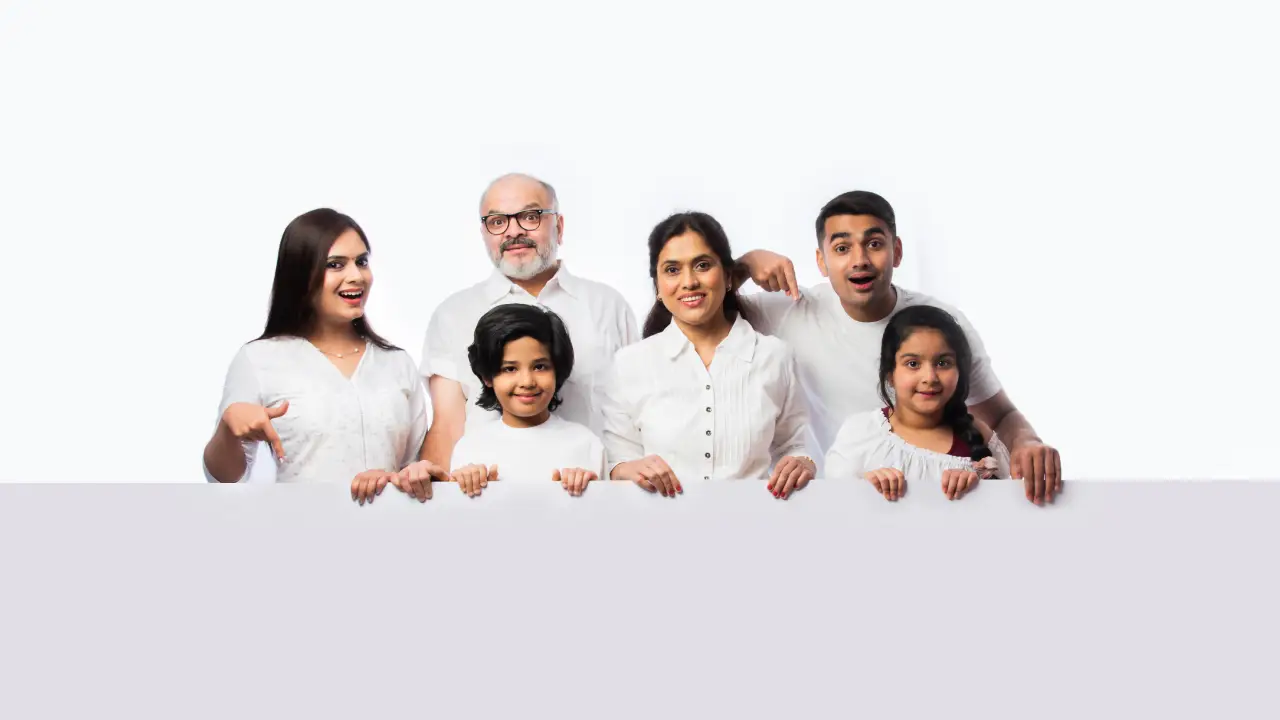- info@icanhelpimmigration.com
- Suite # 201 E, 7337 137 Street, Surrey, BC V3W 1A4
- Mon - Sat: 10:00 AM to 6:00 PM
Blog Details

Review of changes in Canada’s immigration policy till now in 2025
As of mid-2025, Canada’s immigration framework has undergone one of its most dynamic transformations in recent years. Driven by shifting demographics and labour market demands, the Immigration, Refugees and Citizenship Canada (IRCC) has introduced wide-ranging adjustments to immigration policies and program structures.
Revision of Immigration Levels Plan 2025 - 2027
The cornerstone of Canadian immigration in 2025 is the revised Immigration Levels Plan (2025–2027), announced in late 2024. Marking a departure from previous years, the plan introduced a cap on temporary resident admissions and significantly reduced permanent resident (PR) targets.
- Over 40% of PR spots in 2025 are allocated to temporary residents (e.g., international students and workers) already in Canada.
- New targets include French-speaking admissions outside Quebec, reinforcing Canada's bilingualism commitments.
- Refugee and protected person admissions are being scaled down to accommodate broader demographic goals.
Launch of New PR Pathways
In a bid to decentralise immigration and address critical labour shortages, IRCC rolled out several new job-offer-based immigration pilots:
- PR Pathway for Construction Workers
Announced in March, this new initiative seeks to admit up to 14,000 construction workers, including 6,000 undocumented workers, to address Canada's housing crisis.
- Rural Community Immigration Pilot (RCIP)
Designed to attract newcomers to smaller towns, this pilot focuses on regional development and rural labour market needs.
- Francophone Community Immigration Pilot (FCIP)
Aligned with Canada’s Francophone Immigration Strategy, this pilot supports French-speaking immigrants in communities outside Quebec.
- Home Care Worker Pilots
Launched in March 2025, these include the Child Care Stream and the Home Support Stream.
Restructuring of Provincial Nominee Program (PNP)
The federal government slashed PNP allocations by 50%, impacting the provinces’ ability to select skilled immigrants based on regional labour needs. However, some provinces, including Newfoundland and Labrador and New Brunswick, negotiated additional nomination spots, recognising their unique economic and demographic situations.
Several provinces:
- Introduced new Expression of Interest (EOI) systems (e.g., Yukon, Newfoundland) to increase transparency and strategic selection.
- Suspended or paused underperforming or oversubscribed immigration streams.
- Tightened eligibility, restricting certain occupations and prioritising sectors like healthcare, construction, and agriculture.
Extensions of Pubic Policy
Several temporary public policies were extended to manage global crises and evolving domestic needs:
- Ukrainian nationals (CUEAT): Status extensions allowed until March 31, 2026
- Iranian nationals: Facilitated processing available until February 2026
- Closed work permit holders: Can now change jobs with special IRCC approval
- International Experience Canada (IEC) participants: Can receive work permits by mail if already in Canada
Overhaul of Express Entry
Perhaps the most surprising reform came in Express Entry, where the IRCC made several key updates:
- Removal of Arranged Employment CRS Points
As of March 25, 2025, candidates no longer receive CRS points for arranged employment. This levels the playing field but disadvantages employer-backed applicants.
- Changes to Category-Based Selection
The following changes were made:
- Healthcare and Trade Occupations received priority.
- A new Education category was introduced.
- The Transportation category was removed.
Tightening of Temporary Resident Policy
2025 saw a substantial recalibration of policies concerning temporary residents, particularly students and workers:
- Study Permit Cap
Set at 550,162 applications for 2025, with only 437,000 approvals expected. This 10% decrease from 2024 reflects concerns over system strain and housing shortages.
- PGWP eligibility criteria were revised
Bachelor’s graduates from colleges are now eligible. Eligible fields of study were updated—119 added, 178 removed.
- Spousal Open Work Permits (SOWPs) were restricted
Eligibility narrowed to spouses of:
- Graduate students in master’s or doctoral programs
- Workers in TEER 0–3 occupations with sufficient work permit validity
Other Notable Updates
- Maintained Status Policy Change: Individuals can no longer extend legal status based on a second pending application.
- Study Permit Transfers: International students must now apply for a new permit before switching institutions.
- Super Visa Flexibility: Health insurance can now be purchased from non-Canadian providers, increasing accessibility.
- Apprenticeship Policy: Certain construction apprentices are exempt from study permit requirements (Feb 26, 2025–Feb 26, 2027).
- Parents and Grandparents Program (PGP): Intake cap raised to 25,000 applications for 2025.
Looking Ahead
The first half of 2025 has made it clear that Canada is prioritising stabilisation over expansion. The shift away from high-volume, open-door immigration toward more targeted, community-driven programs suggests a recalibration based on economic sustainability and integration outcomes.
The key trends observed were:
- Increased regionalisation via rural and Francophone pilots
- Tightened entry for students and temporary workers
- Focus on retention and pathways for in-Canada applicants
- More legislative and judicial involvement in shaping future immigration norms
The evolving immigration policy framework in Canada reflects a nation balancing economic priorities, demographic needs, and political realities. As IRCC continues to fine-tune programs and pilot new initiatives, prospective immigrants must stay informed and strategic. The second half of 2025 will be pivotal in shaping the long-term direction of Canada’s immigration system.
If you are looking to Study, Work, Visit or Migrate to Canada, talk to I Can Help Immigration Services, at +1 778 239 7861 or +1 647 453 7660 with RCIC # R413239, Canada’s No.1 Immigration & Visa Company to get the best help you need.











